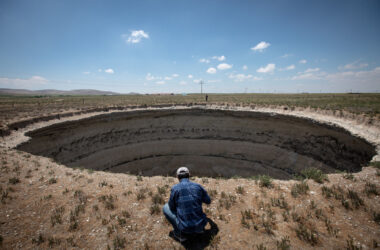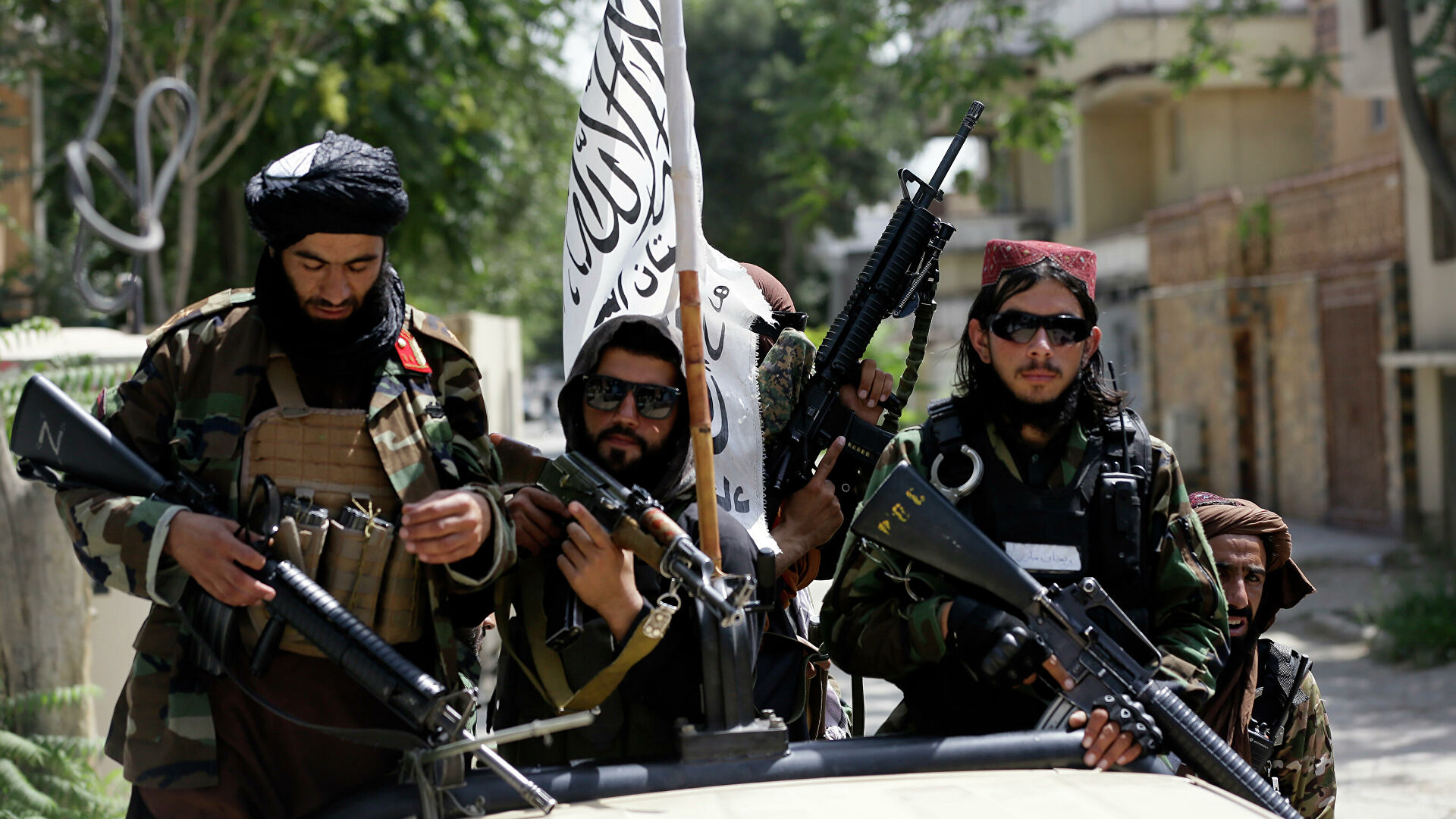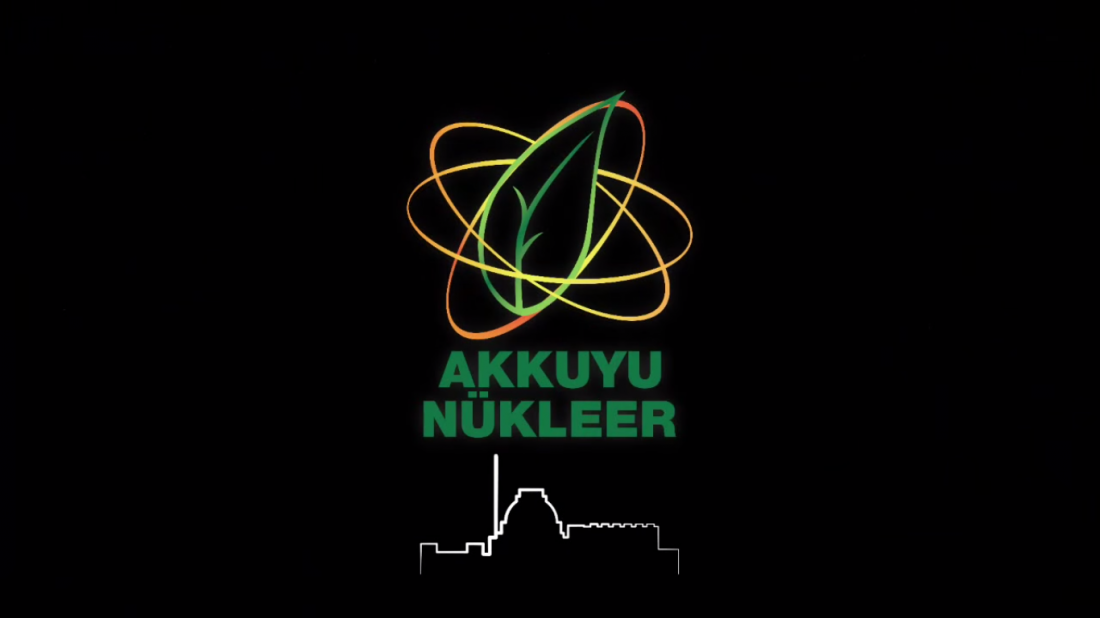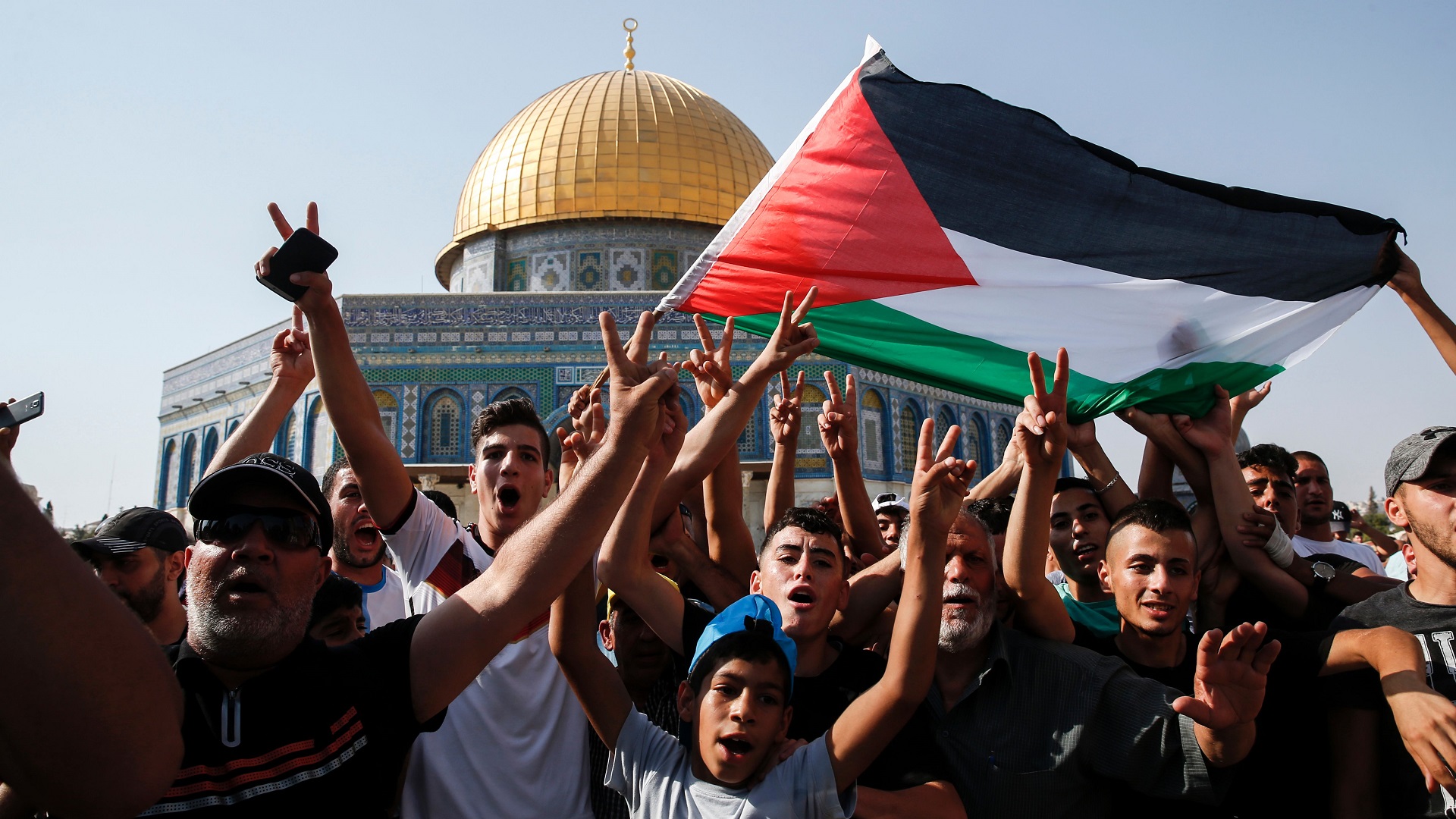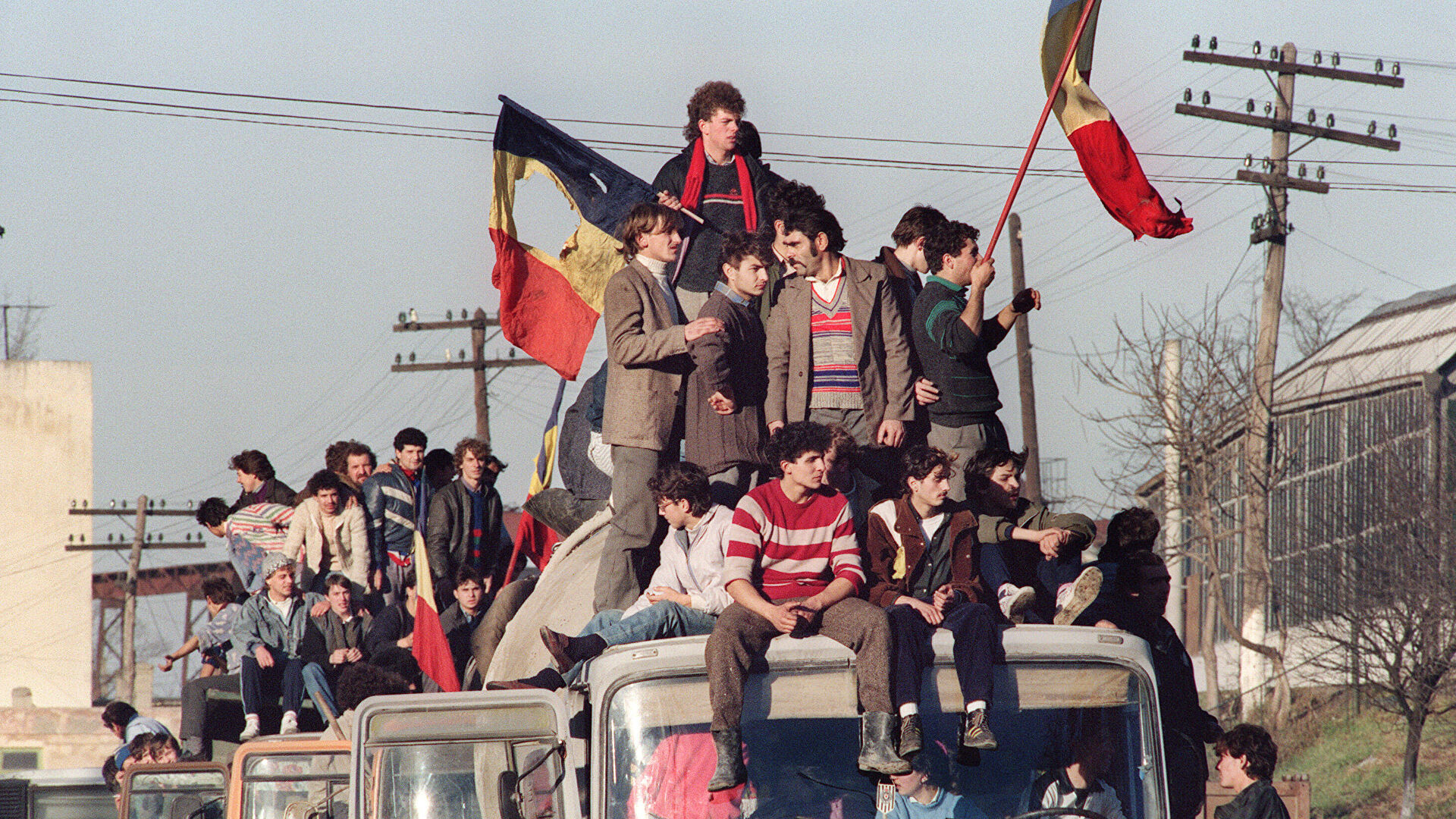Chechens, known as the autochthonous people of the North Caucasus, have been living in the region between the Sunja and Argun Rivers since ancient times. According to the information obtained from written sources, it is known that it comes from the Chechen Aul village, where they first defeated the Russians in the 1600s. Chechens use the terms “Nohchi or Nahço” instead of saying “Chechen” in their own language. Today, they live in the Chechen Republic of Ichkeria, which has an autonomous structure under the Russian Federation. As the fate of the peoples living in the Caucasus, there are many histories of exile, war, and massacre. Chechens who were formed into Diaspora in Central Asia and Anatolia with the exiles lives mostly Kahramanmaraş, Kayseri, Adana, Yozgat, Sivas in Turkey.
Chechens, like other ancient peoples of the Caucasus, have been involved in large-scale wars that threaten their independence many times due to their region. Sometimes they achieved great victories and sometimes their independence was threatened. Although their endless struggle with the Russians does not continue as a hot war today, it is quite evident in the political arena. Chechnya, which refuses to be a state within the Russian Federation, which was established after the collapse of the Soviets, is, unfortunately, a semi-independent state at the moment.
The concept of self-determination can be interpreted as the desire of a group that has the status of ethnic minority in a country to establish their own government against the nation they belong to. The Chechen Independence Struggle, in which self-determination comes to the fore, includes the movements that many states describe as separatist in the international field. Like many nations aware of their potential for self-determination, Chechens sought to exercise this right. (Aygen & Sönmez, 2019)
This idea, which the nation-states do not approve of, is a situation that can lead to very negative consequences in terms of public opinion and territorial integrity. While territorial integrity is of course important for Russia, the opening of the Caucasus geography to the Black Sea and to the Mediterranean through the straits; At the same time, it is important in terms of establishing hegemony in the lands in Central Asia over the Caspian Lake. As a matter of fact, emotional reasons such as the planting of hatred for the wars can be called as completely strategic and political. Self-Determination, in which liberal theories come to the fore, can actually be understood as the Chechen Independence Struggle with the “Just Cause Theory”. The separatist Nation’s desire to establish a state of its own in the face of events that threaten its legitimacy is a very valid chain of reasons to protect its own cultural values and even human rights.
If we take a brief look at the history of Chechens: with the establishment of the North Caucasus Republic after the Bolshevik Revolution (1917), the Bolsheviks achieved a great victory in Chechnya. After the Mountain Peoples’ Congress convened in the capital of Ossetia, Vladikafkas, Stalin declared that the highlanders recognized their independence, but that they should continue as a single country. Thereupon, the Soviet Mountain Republic was established, which included Chechnya, Ossetia, Ingushetia, Kabardino, Balkar, Karachay and Dagestan. According to the agreement, the Soviet Government would not interfere with its internal affairs, and the Islamic religion and traditional legal system in the country would continue. However, this was not possible. In 1924, the Soviet Mountain Republic collapsed. (Şahin, 2000)
In Stalin’s Soviet campaign, agricultural products of the peasants in the collective farms were confiscated. Many Chechens who resisted this situation were exiled to Siberia. The Chechen-Ingush Republic took action to rebel against all difficulties. In this war that took place in 1930, the Soviets occupied a large part of Chechnya. After the events in the Caucasus, things got even more complicated. Due to Germany’s decision to end the Soviets, the Soviets started to take strict measures. As a result of the Soviets’ approach to the people with such suspicion: The first Germans living in Russia in 1941, towards the end of the war, the Crimean Tatars and the peoples of the North Caucasus were subjected to exile in Siberia and other extreme regions in 1944. The Chechens, together with the Ingush, were exiled to Kazakhstan and Siberia on 23-24th February 1944, accused of collaborating with the Nazis. (Hasanoğlu, 2016)
These events, in which unimaginable massacres took place, are nowadays “Genocide”. After the expulsion of Chechens and Ingush from their homeland, the Chechen Republic was established; They returned to their homeland on January 9, 1957. (Şahin, 2000)
At the Chechen National Congress held in 1990, Cevher Dudayev was elected president in 1991 and the Communist regime was overthrown in Chechnya. The Assembly decided to independence on 1 November 1991. He announced the decision on February 1, 1992. However, the Moscow Government did not recognize this decision. (Akıl & Küçükali, 2010)
The USSR was formally dissolved with the Alma-Ata Treaty on December 21, 1991, as a result of Gorbachev’s Glasnost and Perestroika policies. On March 31, 1992, the “Agreement on Legislation and Sharing of Power between the Power Bodies of the Sovereign Republics in the Russian Federation and the Federal organs of the Russian Federation” was signed. However, Tatarstan and the Chechen Ingush Republic have not signed this agreement. (Taşdemir & Özer, 2017)
The document requested to be signed after the failed coup attempt of Chechens in Moscow in 1991 was not signed. Chechnya acted as an independent state by not fulfilling the demands of the Moscow government. Ingushetia was separated from the Chechen-Republic of Ichkeria and attached to the Russian Federation. Since Russia could not establish the hegemony it wanted over Chechnya, when the dates showed 1994, the unfinished Chechen-Russian War started again. However, although there has not been an official war for three years, Russia has not been officially in Chechnya due to internal debates between Yeltsin, Gorbachev, and communists in Russia. However Russia, by not leaving the region without control, by organizing the economic embargoes and the opposition, formed a front against Dudayev. The Dudayev side achieved great success in the clashes that started on November 26, 1994. Realizing that he could not solve the problem with the guerrilla, Yeltsin organized war in Chechnya as regular units. Russian troops who flocked to Grozny on December 11, 1994, unfortunately, carried out inhumane treatment by sending rapists, murderers, and many other mentally ill men in prisons, lacking military morality, to this region. After 21 months of the war, Chechens showed great resistance in the region, and the Russians accepted their defeat with the Hasavyurt Treaty signed on 31 August 1996. (Yapıcı, 2013)
During this war, a large part of the Chechen people died during the war and the Chechens lost the leader of the independence movement Cevher Dudayev. In addition to general Dzhokhar Dudayev war history in Turkey frequently visit has great support from the right and left sections of the period have been found. Financial and moral support was given to the region by the Caucasus Associations Federations. His close friend Aslan Masadov took the case of Cevher Dudayev, a leader who defended secularism until his last breath.
With the Hasavyurt Treaty signed, peace (!) was provided in the region and the Russian Federation recognized the Chechen-Ichkeria Republic as an independent state. “Ichkeria” is the name of a province located in the mountainous region in the southern part of Chechnya. (Brunot & Avioutskii, 2005)
Shamil Basayev, the biggest supporter of both presidents, played an important role in the national independence of Chechnya as a radical Chechen. Basayev, who was said to be rather heady and courageous, was also quite inclined to do business on his own. As a matter of fact, in Basayev’s efforts to establish an Islamic State by invading the Botlikh region of Dagestan by Khattab, who is a supporter of Bin Laden in the region; He was accused to be behind the bomb attacks against Russia that killed civilians and he admitted it. Chechen leader Maskhadov, who was claimed to be pursuing a policy of terrorism as a result of the secret crisis caused by the oil in the Caspian region, was killed in a bomb attack in 2001. After the events, Russia, which used its power to intervene in the presence of a separatist terrorist organization, according to the agreement in 1996, joined the region. (Yapıcı, 2013) The process of creating a Chechen-free Chechnya has been initiated. Basayev was left alone.
While the malicious policies of the Qadiri sect against Russia were on the agenda in the 1990s, after 2000, this changed and attracted attention with its attitude that gained the sympathy of Russia. After the death of Maskhadov as a result of a bomb attack, the leader of the Kadiri Sect, Ahmet Kadirov, became the President of Chechnya with the support of Russia. We see a clear reflection of the games played on the spiritual feelings of people, which is the easiest way to conquer a country. (Sapmaz, 2013)
When Ahmet Kadirov took the chair on October 7, 2003, Russia got what it wanted. In 2004, he was killed in a bomb attack at the Grozny Stadium on the anniversary of Soviet Russia’s victory in World War II. His son Ramazan Kadirov came in his place and the sanctions of the Kadiri sect continued throughout the country. Basayev’s fate is that he continued his terrorist activities with his radical Islamist identity with the help of Arab militias. The Wahhabis, who are behind the activities of the Caucasus Emirate to make the Caucasus region a single Islamic State, carried out actions in the region. Basayev was neutralized during a parade in 2007. (Sapmaz, 2013)
Today, Chechnya has become a “de facto” state, which is connected to Russia in its foreign affairs and a national and traditional structure in its internal affairs. The fight against radical Islamists in the country continues. There is a soft attitude towards secular Chechen Nationalists. It is known that secular Chechens, who were expelled after many political amnesties, are invited to Chechnya again.
This article prepared by Sıla Bal for The FEAS Journal.
References
Akıl, A., & Küçükali, C. (2010). Uluslararası Hukuk Bakımından Kendi Kaderini Tayin Etme Hakkı ve Çeçenistan Sorunu. Yeni Fikir Dergisi, 4(2), 6-19.
Aygen, M., & Sönmez, İ. (2019). Çeçen Halkının Kendi Kaderini Belirleme Hakkı. Uluslararası Yönetim Akademisi Dergisi, 665-675.
Brunot, P., & Avioutskii, V. (2005). Chechen. Tokyo: Hakusuisha.
Buchanan, A. (1991). Secession: The Morality of Political Divorce from Fort Sumter to Lithuania. Boulder CO: Westview.
Hasanoğlu, İ. (2016). Ahıska Türkleri: Bitmeyen Bir Göç Hikayesi. Türk Dünyası İncelemeleri Dergisi, 1(16), 1-20.
Sapmaz, A. (2013). “Rusya Federasyonunun Terörle Mücadele Stratejisinin Kuzey Kafkasya’nın İstikrarı Üzerine Etkileri. , Savunma Bilimleri Dergisi, 2(12), 1-35.
Şahin, M. (2000). Avrupa Birliğinin Self-Determinasyon Politikası. Ankara: Nobel Yayınları.
Taşdemir, F., & Özer, A. (2017). Uluslararası Hukuk Perspektifinden Self-Determinasyon ve Ayrılma. Ankara: Hukuk Yayınları.
Yapıcı, U. (2013). Tarihsel Süreç İçinde Rus-Çeçen Sorunu. Çankırı: Kafkasevi Sosyal ve Stratejik Araştırmalar Merkezi Yayını.


